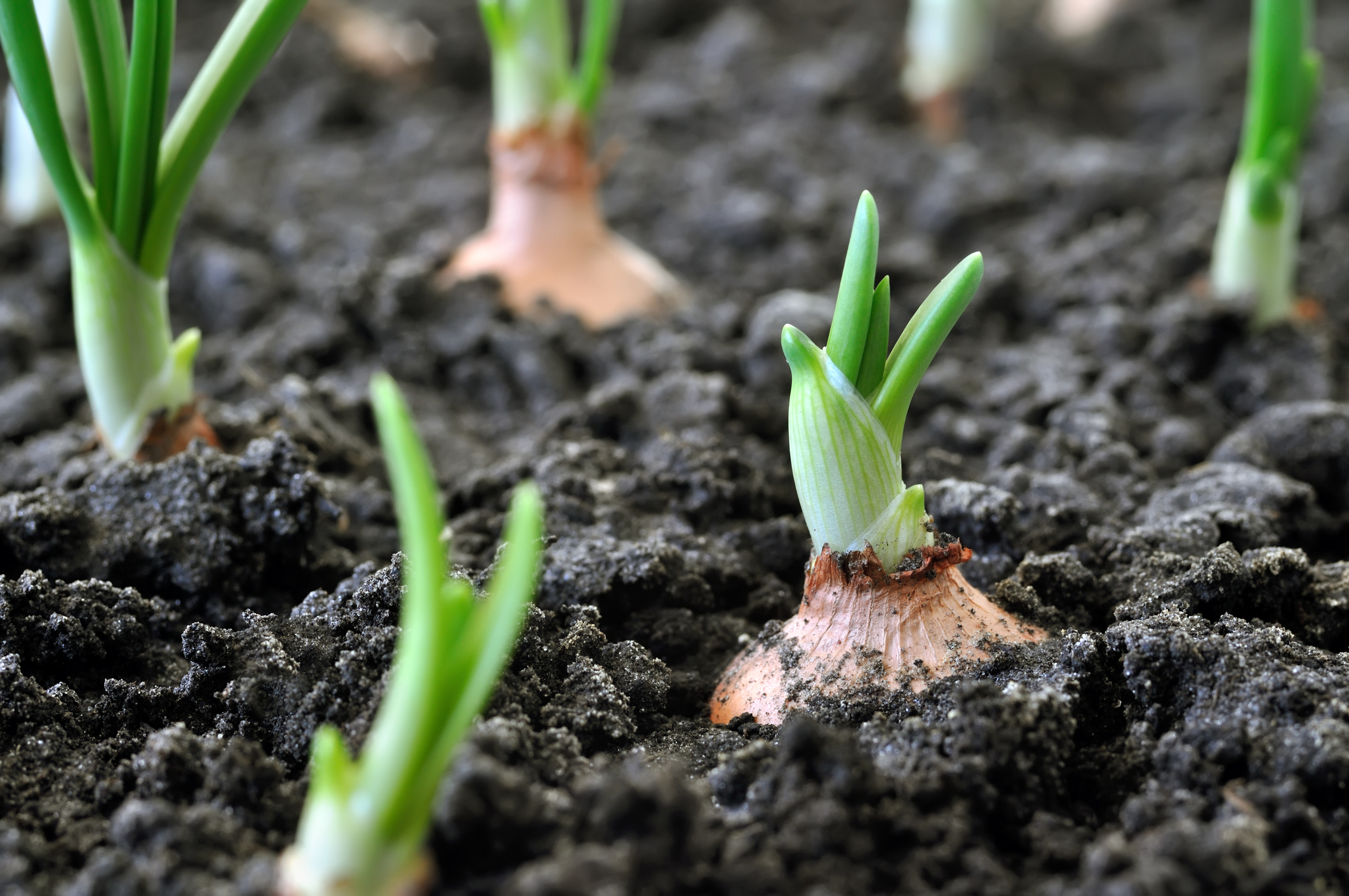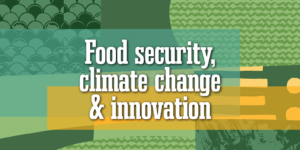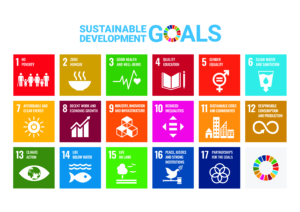Learning about food, fiber and natural resources can help students build global connections. Agriculture is a worldwide industry that is deeply personal. Even those who are generations removed from farming are still connected to the agriculture system. And that makes it an effective context for teaching global skills.
Education in agriculture provides opportunities for students to learn about diverse perspectives and practices from across the world. Agriculture is a critical sector for addressing global sustainability challenges. According to the United Nations Food and Agriculture Organization, 5 billion hectares — approximately 38% of land in the world — is dedicated to agriculture. And while agriculture can be viewed as a contributor to environmental degradation, it can be part of the solution as well. Engaging students in sustainable agriculture is an avenue to building global perspective.
Agriculture is constantly evolving, using new technologies that improve efficiency, productivity and sustainability. And while learning about agricultural innovation, students can develop creativity and problem-solving skills. So, who should teach about agriculture? Perhaps everyone.
Not just for agricultural educators
Teaching about global agriculture issues calls for truly a collaborative effort. There is strength in cross-disciplinary collaboration to make learning come to life for students. For example, the World Food Prize Foundation Global Guides Program brings together educators from many different pathways. They work to increase their capacity to teach on global agriculture and food security. The first four cohorts have included more than 100 educators, representing more than 25 disciplines, from 29 U.S. states and nine countries.
Together they learn to become catalysts of change in improving our world. But this interdisciplinary sharing does not need to be limited to structured programs like Global Guides. When we place passionate people in proximity of each other to focus on a shared cause, then we can advance the way that we engage learners in global issues.
Context for success
A shared language to organize global concepts is vital to accelerating the sharing of praxis and advancing collaboration between educators. The United Nations (UN) Sustainable Development Goals (SDGs) provide a framework for educators to use when teaching on a broad range of topics, from poverty eradication to environmental sustainability to social justice. They are a valuable tool for promoting interdisciplinary learning and critical thinking.
By incorporating SDGs, we can help students understand how the world is interconnected. And why collaborative action is essential to achieve a sustainable future. Moreover, by aligning our teaching with the SDGs, we can empower students to become active global citizens who contribute to positive change in their communities. The UN SDGs can be our shared language.
Zero Hunger (UN SDG No. 2)
Food security is an issue that is closely associated with agriculture. Food security, as defined at the World Food Summit in 1996, “exists when all people, at all times, have physical and economic access to sufficient, safe and nutritious food that meets their dietary needs and food preferences for an active and healthy life.” Hunger is a global issue and a local one. Many students feel passionately about the injustice of not having access to sufficient and nutritious food, which they recognize as a basic need for all humans on the planet.
Industry, Innovation and Infrastructure (UN SDG No. 9)
Sustainability in agriculture can contribute to the development of infrastructure and industries, which can lead to economic growth. Jon Davis, a biotechnology instructor at the North Carolina School of Science and Mathematics in Durham, North Carolina, engages his students with developing prototype smart devices that include sensors and pumps to automate plant growth. And students use these tools to collect data. Additionally, they are working to minimize costs of the smart devices so that a more diverse group of agriculturalists may gain access to cutting-edge technologies.
Climate Action (UN SDG No. 13)
Agriculture contributes to climate change. And the issue of food waste often captivates students. According to the Food and Agriculture Organization (FAO) of the United Nations (2019), about 14% of the world’s food is lost after it is harvested and before it reaches retail outlets. And the United Nations Environment Programme (2021) reported that an additional 17% is wasted in retail and by consumers. Food loss and waste accounts for 8%–10% of global greenhouse gas emissions, which contribute directly to climate change. In turn, an unstable climate and extreme weather events have a negative impact on food production.
As the city of Houston, Texas, continues to grow, water and land space will become increasingly limited. So, led by Surendra Surujdeo-Maharaj, Ph.D., students are learning to implement recommendations from the UN and the city’s climate action plan. Students learn how to produce, package, market and distribute nutrient and calorie dense foods (e.g., microgreens, vegetables, mushrooms and wheat) in lab spaces that have become controlled environment agriculture classrooms.
Together, we can do more!
This approach to agriculture in K–12 schools can inspire learners to seek out solutions for global sustainability challenges. Students in Houston built a 300-square-foot butterfly garden to provide a habitat for endangered monarch butterflies, and they installed a rain garden to slow the rate of runoff during heavy rainfalls that flood their streets so often. Further, their peers carried out cafeteria audits. And they found that 40% of cafeteria food was being wasted! Students then used their data to compile graphs and write a book about how food waste drives climate change.
Agriculture provides context for students to connect with the issues that they care about. In sum, teaching through the lens of agriculture can help learners develop skills such as cultural competence, sustainability, literacy and innovation. These all are increasingly essential to thrive in a globalized world.
Daniel D. Foster, Ph.D., is an associate professor, agriculture teacher educator and co-founder of the Global Teach Ag Network at Penn State.
Melanie Miller Foster, Ph.D., is an associate teaching professor and co-founder of the Global Teach Ag Network at Penn State.










